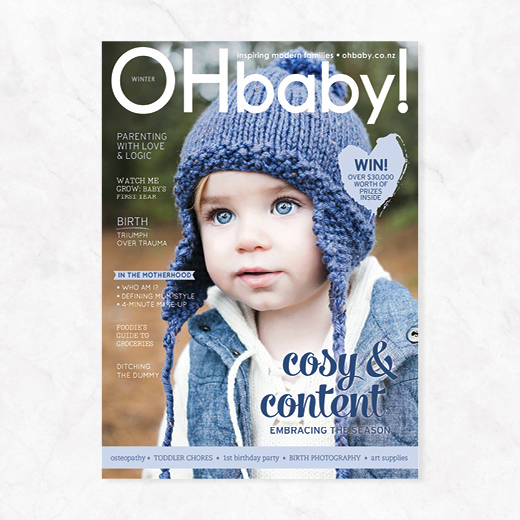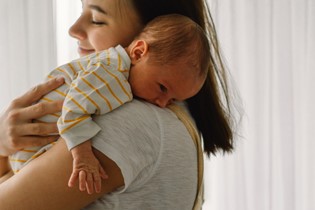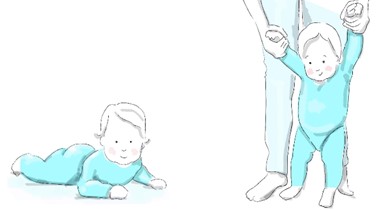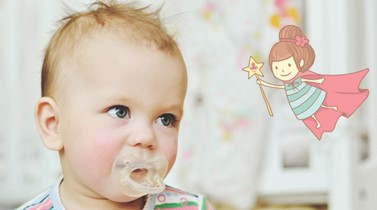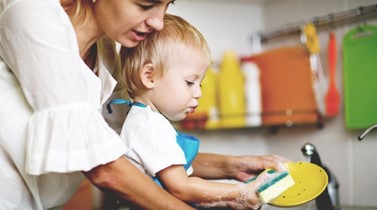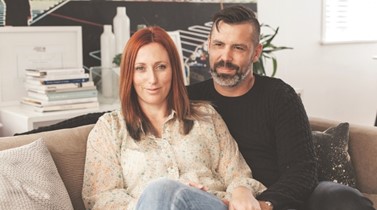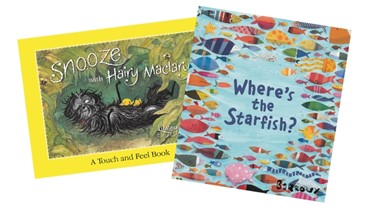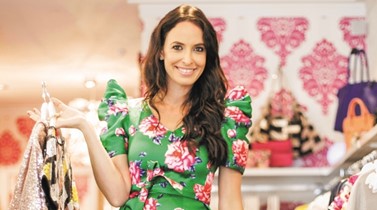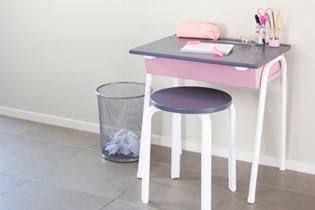Parenting with purpose: let love take charge
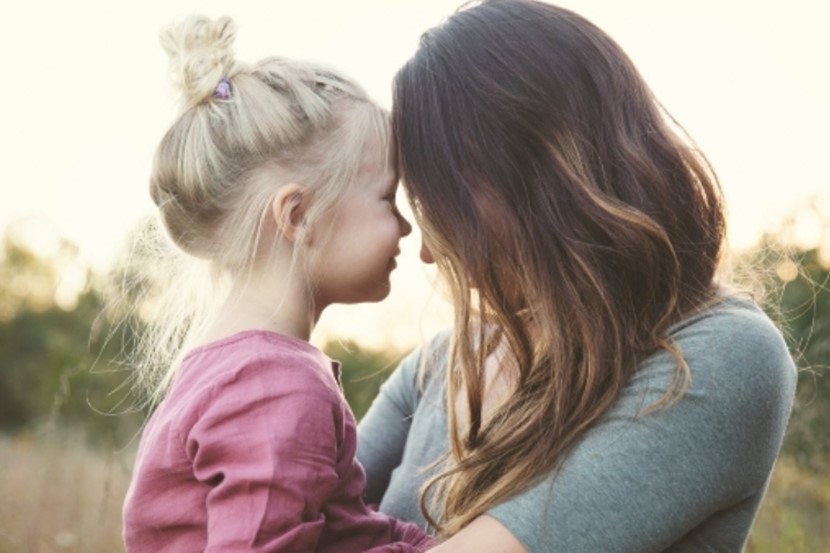
Freedom, love and limits - vital resources in our parenting toolkit if we are to raise kids who can cope in the big wide world. Danny Silk shares an extract from his book, Loving Our Kids On Purpose.
Editor’s note
We read a lot of tips on parenting and theories for effective child-rearing in this job. Heck, at times we even have the audacity to present some of our own ideas and share our ‘wisdom’ on family life. Why not, I guess. We’re all in this together, each can learn from the other. Anything that helps us raise the next generation is worthy food for thought.
One weekend a while back, I discovered Danny Silk’s book on parenting, Loving Our Kids On Purpose.
That Monday morning I received an email from our managing director, Angela, raving about this book she had just bought. It was Loving Our Kids On Purpose and we were quite literally on the same page. We asked Danny Silk if we could republish some extracts from said book and he willingly obliged. Danny, a pastor from California, is president of Loving On Purpose, a non-profit organisation dedicated to strengthening families and communities. He and his wife, Sheri, have three children. They have also parented over 70 teens as group home house-parents and foster parents.
Loving Our Kids On Purpose brings a fresh perspective to the age-old role of parenting. Danny is passionate about equipping parents with tools to protect our connections with our children, teach our children to manage increasing levels of freedom, replace the tools of intimidation and control, and create a safe place for children to build confidence and personal responsibility. The wisdom he shares works for toddlers all the way through to adult children.
Keep your love on
“I believe that we have children so we can know the experience and power of unconditional love” – Danny Silk
Few relationships require as much from us as the parenting relationship. The greatest challenge for parents is learning to remain powerful in any situation. This skill lowers anxiety and allows parents to stay focussed on what must be their chief objective: teaching their children to control themselves, while showing them how much they are loved. Our parenting resources are aimed at helping parents shift from the impossible mission of controlling their children, to learning to control themselves no matter what their children decide to do.
Sometimes it’s the hardest thing to do. But if you want to build healthy relationships, learning to keep your love on is non–negotiable. Adults and children alike thrive in healthy relationships where it is safe to love and be loved, to know and be known. Yet for many, relationships are anything but safe, loving or intimate. They are defined by anxiety, manipulation, control and conflict. The reason is that most people have never been trained to be powerful enough to keep their love on in the face of mistakes, pain and fear.
Keep Your Love On (or KYLO) is a term we have coined as a reminder of the ideal standard defined by mature love – love that stays ‘on’ no matter what. Our KYLO resources aim to equip people with the power to draw healthy boundaries, communicate in love, and ultimately protect connections so they can love against all odds. As a result, relationships will be radically transformed for eternity.
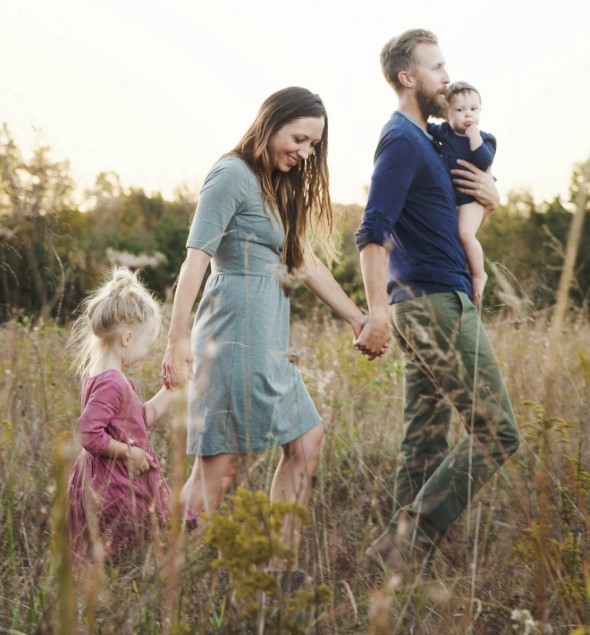
Letting our kids fail
Restricting the freedom of our children in order to teach them external controls, constraints and fear of punishment is not a strategy that works in the long run. Instead we must teach our kids what freedom looks like, feels like and how to prosper in it. The best way to teach our children to handle the multitude of options they will have in life is to invest in developing a heart-to-heart connection. This connection replaces disrespect and introduces honour. The practise of honour will revolutionise the family system, because honour brings power to relationships and the individuals in those relationships.
One of the primary ways that we show honour to one another is by sharing power and control in our relationships. When we help our children practise using power from the time they are little, they become powerful people who are not afraid of the forces outside of them. They learn to think and solve problems.
It is not wise to limit our children's development in these things until later in life. When we keep our children from experiencing what it’s like to think for themselves, make their own decisions and experience the consequences of those decisions, we end up with compliant children who will be completely at sea when they leave home, or rebellious children who wrestle their freedom out of our hands as soon as they figure out we’ve been withholding it. Many parents of teenagers look at their kids’ wild behaviour and conclude, “Well, they’re teenagers; they just need their freedom”. The problem is, they should have known their kids were born needing their freedom. They are human beings.
Therefore, we introduce freedom to our small children, and we allow them to practise messing it up while they have a safety net in our home. When we create a safe place for them to fail and learn about life, they end up saying “This is the safest place I’ve got, right here at home. There is no one who has demonstrated love like you have to me”.
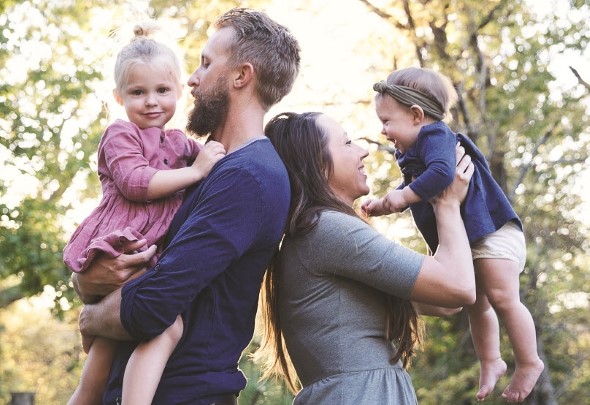
Freedom found in limits
One of the limits I set with my kids when they were toddlers, which I learned from Love and Logic, was called ‘fun to be with’. It's used to illustrate boundaries. Have you ever seen a two-year-old who isn’t fun to be with? We use the 'fun to be with' tool to convey to our children “I hope you can respect what I need in order to be around you. As soon as you start having tantrums, that is no fun”.
You want your child to learn early on that there are two people in this relationship. That means there are two sets of needs. You are going to supply your child’s need for safety, freedom, honour and power. Most of us can’t, and shouldn’t, put up with 'not fun' for very long. If we stay in that condition for too long, guess what is going to happen to us? We are going to become 'not fun to be with' ourselves. When we are not fun to be with, and they are not fun to be with, guess what suffers most? Yes, our relationship.
Imagine a toddler who is doing what I call the pterodactyl call. Yeeaak! Yeeaak! You know the one I am referring to? For me, this is definitely no fun to be around. So, quite quickly and efficiently, begin this process:
“Whoa! Hey, no fun. Fun or room?”
“Yeeaak!”
“You decide or I decide.”
“Yeeaak!”
“Walk or get carried?”
“Yeeaak!”
“No problem.”
“Yeeaak!”
You carry the child to the room. Upon reaching the room, you inform him or her:
“You can come out of the room when you are fun. Take your time”. Then you leave the room. Now, guess where the little one is? You guessed it, right on your heels. You spin around and say “Fun or room?”
“Yeeaak!”
“No problem”, you say, and start heading for the child. “Walk or be carried?”
The toddler, who was born to be free, takes off running to his room because he refuses to be hauled there one more time. In an internal dialogue, the toddler is saying to himself, “That’s right! You did not put me in my room! I put myself in this room. That’s right! Mess with me! Ha! Wait a second. What am I doing in this room? Am I in a time-out? I’m two. Am I supposed to be in here for two minutes? What’s a minute, anyway? I am not staying in here. No one can make me. I am coming out”. And the toddler leaves the room and begins cautiously re=entering the adult’s space.
Meanwhile, you are in the kitchen doing the dishes. Looking out of the eyeball in your ear, you say with a big smile, “Hey you! Fun or room?”. The toddler is confused by the smile. He was searching for the angry adult. You look happy. How can this be?
He may play the 'no fun' card again, but eventually he will realise, “Wait. Are you kidding me? You mean you’re just trying to get me to smile at you? Well, I tried room twice. So here goes…” And that toddler will give you a smile.
“There’s a smile! There you go! That is fun to be with!”
And there concluded the lesson in self-control. Your child soon learns that there are two sets of needs in any relationship. Meeting both sets is important, no matter how old or young you are. If we are to practise love and honour, then even our toddlers must practise. It is very important that we teach our children that we require respect and self-control in order to share an environment with them. It is amazing how quickly they pick it up and how smart they really are.
My son, Taylor, is our youngest. He has been parented this way since birth. Once, when he was about two years old, he was trying to pull his sippy cup through the bottom of the top rack of the dishwasher. He began throwing a tantrum. I said, “Hey, hey! NO fun! Fun or room?” He smiled at me and said “Fun!” In about one second he chose fun. You see, children are amazing. They possess self-control and powers to think and problem-solve that we all too often do not expect them to exercise, and so they don’t. Give them a chance and I’m sure they'll impress you.
Now, when we set respectful boundaries with our kids, we train them to set their own boundaries. One of the greatest joys that I have had is getting to see my children set limits in their relationships with other people. They have learned to require respect in relationships, even from adults.
This article features edited extracts from both Danny Silk’s book, Loving Our Kids On Purpose, $30, Destiny Image, and his website, lovingonpurpose.com. Material republished with Danny’s permission.

AS FEATURED IN ISSUE 34 OF OHbaby! MAGAZINE. CHECK OUT OTHER ARTICLES IN THIS ISSUE BELOW
